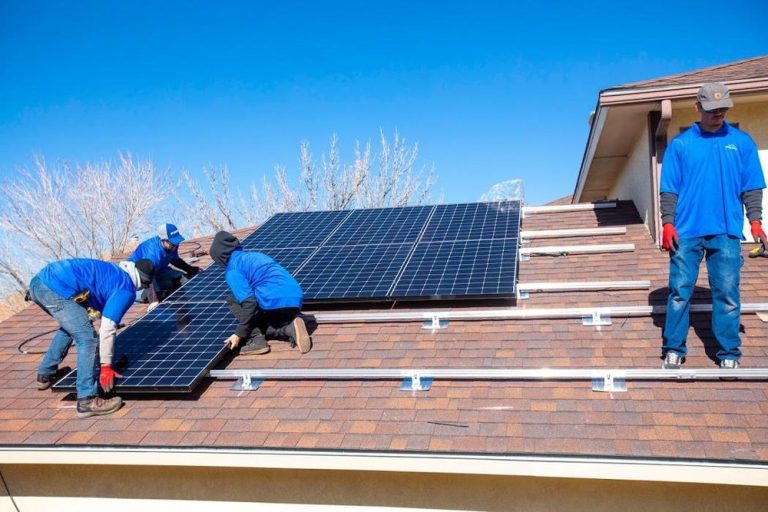Solar energy is the cleanest and most abundant source of renewable energy available. It works by harnessing the power of the sun’s rays and converting them into electricity through the use of solar panels. Solar panels are made up of photovoltaic cells that capture sunlight and convert it into direct current (DC) electricity.
To use this electricity in your home, you will need an inverter to convert it into alternating current (AC) electricity that can be used by your appliances. Any excess electricity generated by your solar panels can be fed back into the grid and credited to your account, reducing your energy bills even further.
Is Solar Energy Right for You?
Going solar is a significant investment, so it is essential to consider whether it is the right choice for your home and your energy needs. Factors to consider include:
- Your energy usage: Solar panels are most effective in sunny areas with high energy usage. If you live in an area with low electricity rates or low energy consumption, solar energy may not be the best choice for you.
- Your home’s location: The amount of sunlight your home receives is a crucial factor in determining the effectiveness of your solar panels. If your home is shaded by trees or other buildings, solar energy may not be a viable option.
- Your budget: Solar panels can be expensive, but there are many financing options available to help you finance your solar system. Additionally, you may be eligible for tax incentives or rebates that can help offset the cost of installation.
Choosing a Solar System
Once you have determined that solar energy is the right choice for your home, the next step is to choose a solar system that meets your energy needs and budget. Factors to consider include:
- Panel efficiency: The efficiency of your solar panels will impact the amount of electricity they generate. Higher efficiency panels will generate more electricity but may also be more expensive.
- System size: The size of your solar system will depend on your energy usage and the amount of sunlight your home receives. A larger system will generate more electricity but may also be more expensive.
- Inverter type: There are two types of inverters available for solar systems: string inverters and micro-inverters. String inverters are less expensive but may not be as efficient as micro-inverters.
Installing Your Solar System
Once you have chosen your solar system, the next step is to have it installed by a qualified professional. The installation process will typically involve the following steps:
- Site inspection: The installer will inspect your home and determine the best location for your solar panels.
- Permitting: The installer will obtain any necessary permits and approvals from local authorities.
- Panel installation: The installer will install your solar panels on your roof or on a ground-mounted system.
- Inverter installation: The installer will install your inverter and connect it to your solar panels.
- Grid connection: The installer will connect your solar system to the grid and ensure that it is working correctly.
Going solar is a significant investment, but it can provide many benefits for your home and the environment. At Poulin Solar Pro, we are here to educate you on all of the factors that influence the effectiveness of your solar system and choosing a system that can ensure that you get the most out of your investment.

